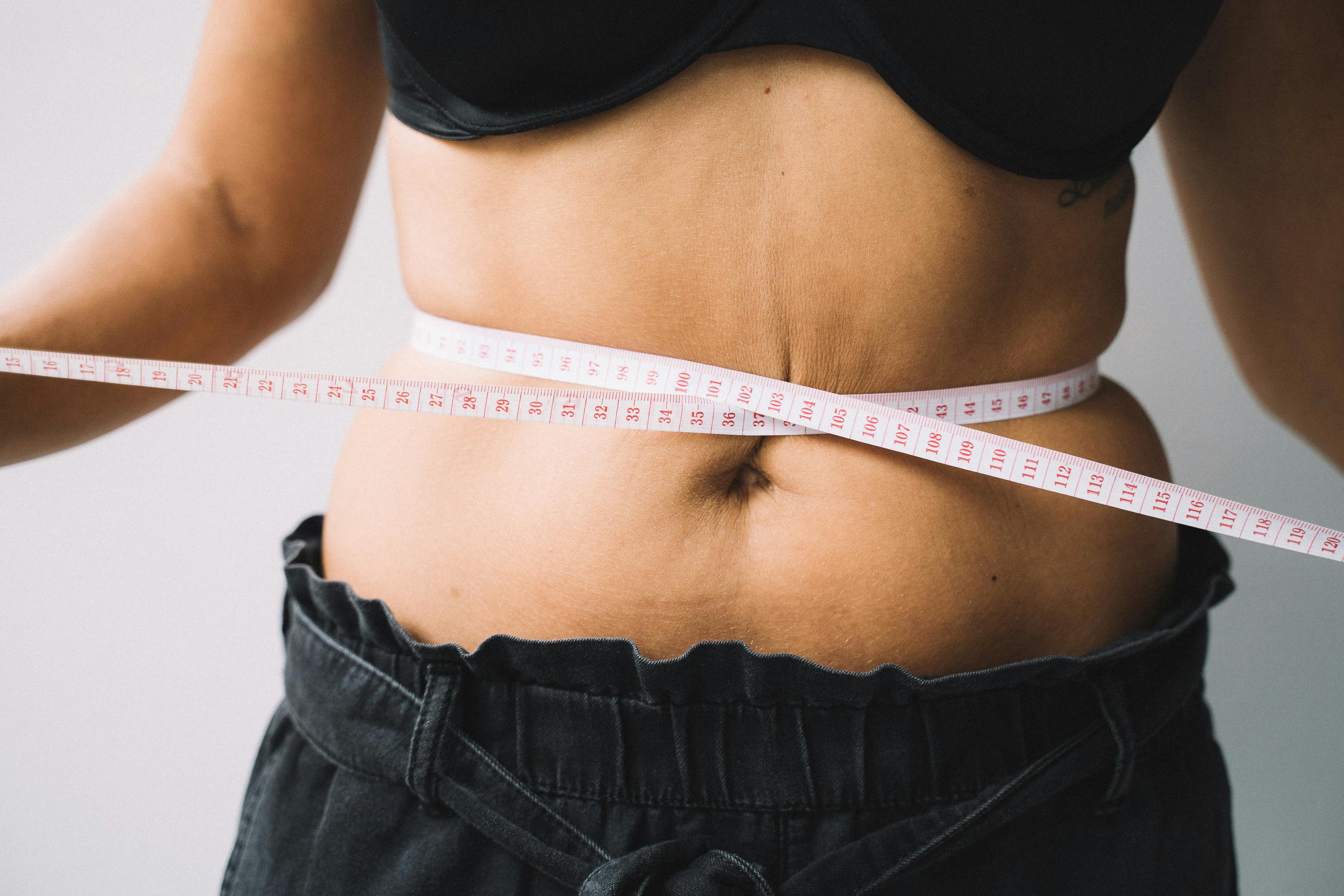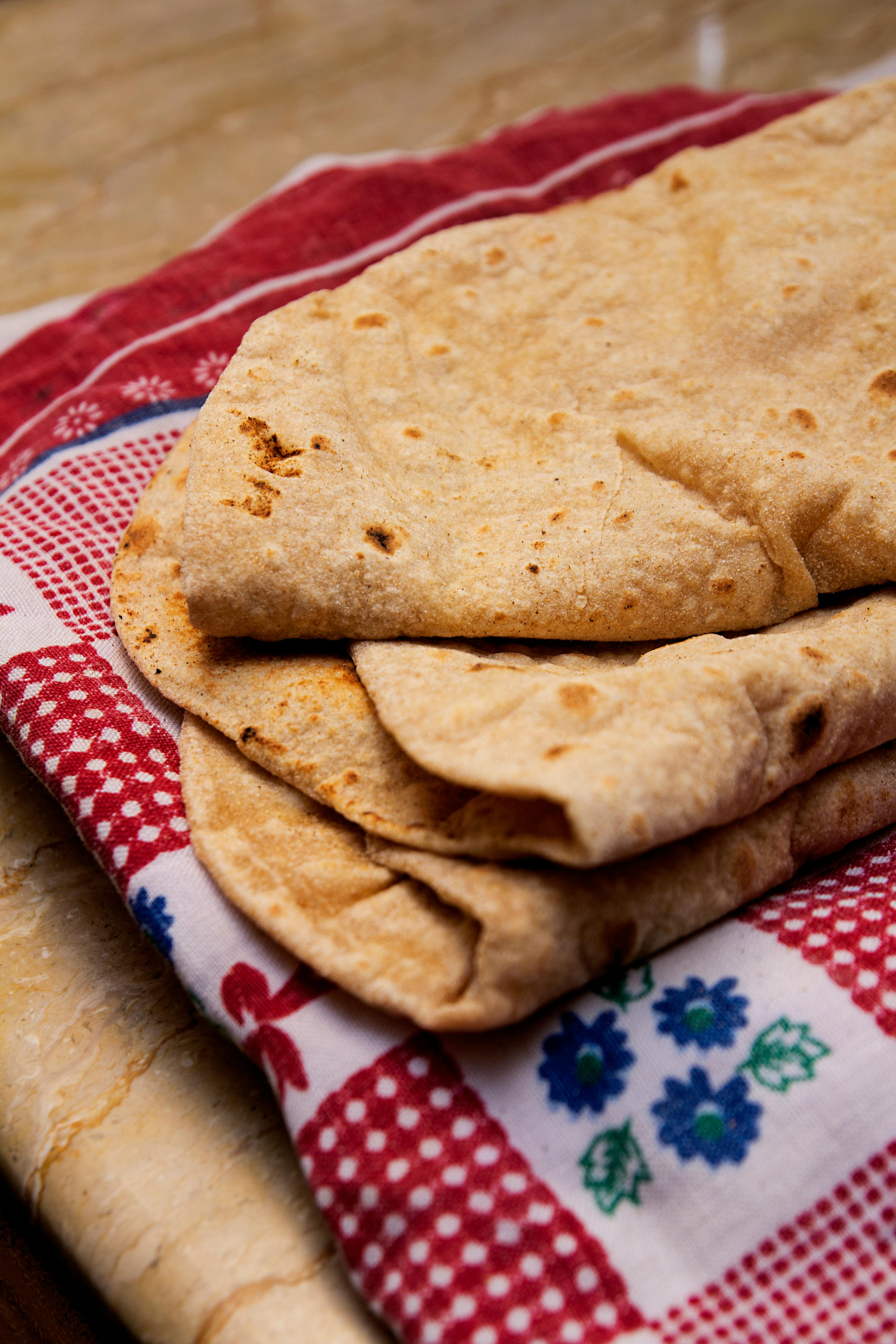Effective Ways to Maintain Electrolytes on Carnivore Diet in 2025

Effective Ways to Maintain Electrolytes on Carnivore Diet in 2025
The carnivore diet, which emphasizes a strict intake of animal products, offers numerous health benefits but also presents challenges regarding electrolyte balance. Electrolytes are crucial minerals that regulate various bodily functions, including hydration, muscle contractions, and nerve signaling. With the growing popularity of the carnivore diet, understanding how to manage electrolytes effectively is important to ensure overall health and well-being.
This article explores effective strategies for maintaining electrolytes on the carnivore diet in 2025. We will cover the importance of essential electrolytes such as sodium, potassium, magnesium, and calcium, offer practical tips for ensuring adequate intake, and discuss hydration strategies tailored to this unique eating plan. By understanding and managing your electrolytes properly, you can enjoy the benefits of the carnivore diet while minimizing potential health risks.
Throughout this guide, you will discover dietary sources of electrolytes, recommended supplements, and hydration tips to help you navigate the intricacies of the carnivore diet. Get ready to enhance your understanding of electrolyte management and achieve optimal health while following this dietary approach.
Key Takeaways: Proper electrolyte management is crucial in the carnivore diet to prevent deficiencies, optimize hydration, and support overall health. Understanding specific needs and incorporating recommended sources will help maintain a balanced diet.
Understanding Electrolytes for Carnivore Diet Success
Building on the foundational knowledge of electrolytes, it’s essential to delve into the specifics relevant to the carnivore diet. Electrolytes such as sodium, potassium, magnesium, and calcium play crucial roles in various physiological processes, particularly when following a low-carb, high-fat eating regimen.
The Role of Sodium in the Carnivore Diet
Sodium is a key electrolyte that helps maintain fluid balance and supports nerve and muscle function. On the carnivore diet, sodium intake is particularly important, as individuals often experience decreased levels during the initial phases due to lower insulin levels.
Recommended sodium sources include various salts, with Himalayan pink salt and sea salt being popular choices among carnivores. Adding salt to meals can enhance flavor while ensuring adequate sodium levels, essential for avoiding symptoms like fatigue and muscle cramps.
Maintaining optimal sodium levels is critical. Signs of sodium deficiency may include dizziness, headaches, and increased muscle cramps. Incorporating sufficient sodium into your meal planning can mitigate these issues and help enhance your energy levels.
Potassium Sources in the Carnivore Diet
Potassium is another essential electrolyte that supports cardiovascular health and muscle function. While many might think potassium is primarily derived from plant sources, various animal foods can also provide sufficient potassium. Examples include organ meats such as liver, and cuts from beef, pork, and chicken.
Adequate potassium intake is vital to preventing symptoms of electrolyte deficiencies such as weakness and heart palpitations. Regularly incorporating potassium-rich animal foods into your diet will help maintain necessary levels.
Importance of Magnesium Supplementation
Magnesium is crucial for over 300 biochemical reactions in the body, including energy production and muscle contraction. Many carnivore dieters may find their magnesium levels declining, particularly if they do not consume organ meats or fatty fish regularly. Supplementation can be a practical strategy to ensure adequate intake, especially when not consuming sufficient animal-derived sources.
Common magnesium supplements include magnesium citrate and glycinate. Consulting a healthcare professional for personalized advice on supplementation is recommended to mitigate any potential risks associated with excessive intake.
Hydration Strategies on the Carnivore Diet
With these basics established, hydration is another critical aspect of managing electrolytes on the carnivore diet. Adequate hydration helps support overall electrolyte balance, improve digestive health, and prevent dehydration-related issues.
Understanding Hydration Needs
Hydration frequency is essential, especially since the carnivore diet differs significantly from traditional high-carb diets in terms of water needs. It's important to drink water consistently throughout the day, especially in warmer climates or during intense physical activity.
Monitoring your hydration levels can prevent dehydration, which may lead to electrolyte imbalances. Keeping track of your daily water intake along with recognizing signs of dehydration, such as dry mouth and dark urine, can help maintain hydration status effectively.
Incorporating Hydration Supplements
Hydration supplements can play an important role in enhancing your hydration strategy. Electrolyte drinks available in the market can provide a convenient way to replenish lost electrolytes, especially post-workout. Look for options that are low in sugar and made from natural ingredients.
Bone broth is another excellent source that not only aids hydration but also provides vital electrolytes, such as sodium and potassium. Regularly including bone broth in your meal planning can be a nutritious and flavorful way to support your hydration levels.
Meal Planning for Electrolyte Balance
Taking this concept further, meal planning on the carnivore diet is essential to ensure a consistent intake of electrolytes. By incorporating various sources of animal products into your meals, you can promote better health and energy levels.
Creating Balanced Carnivore Meals
To ensure an electrolyte-rich diet, prioritize meals that include a variety of animal products. Incorporate organ meats, fatty cuts of meat, and fish into your weekly meal prep. Consider different cooking methods to keep meals enjoyable and satisfying while ensuring adequate mineral intake.
Experimenting with various cuts of meat can enhance not just the nutrients you receive but the overall enjoyment of your meals. Aim for colorful and tasty combinations that will keep you motivated on the carnivore diet while supporting your nutrient requirements.
Recognizing Symptoms of Electrolyte Imbalance
Being cognizant of electrolyte deficiency symptoms can help you make necessary adjustments to your diet. Common signs include cramps, fatigue, and digestive issues. Maintaining a food diary may also assist you in tracking your electrolyte intake and recognizing any patterns that may indicate deficiencies.
If you notice symptoms of electrolyte imbalance, adjusting your intake of specific foods that are rich in electrolytes or considering supplementation can help restore balance, promoting better health and energy levels.
Common Electrolyte Issues and How to Address Them
Understanding common issues related to electrolyte management on the carnivore diet is crucial for long-term success. It’s natural for dieters to experience challenges, especially during the initial phase of adopting a carnivore eating approach.
Preventing Cramps and Fatigue
Cramps and fatigue can be symptomatic of dehydration or low electrolyte levels. To combat these concerns, ensure that you are consuming electrolyte-rich foods regularly while staying hydrated. Consuming bone broth or electrolyte drinks pre- and post-workout can be beneficial.
Monitor your salt intake and consider using various salts to enhance flavor while ensuring adequate sodium levels for proper hydration. Be open to adapting your diet as needed to address these common issues.
Addressing Common Electrolyte Deficiency Symptoms
Knowing how to address symptoms such as muscle cramps or fatigue when they arise can help maintain a balanced diet. Consider increasing the intake of specific foods rich in the deficient electrolyte or trying instant supplementation as a temporary solution.
Consulting with a healthcare professional can provide tailored advice that takes into account individual needs and dietary restrictions. Knowledge of common problems and potential solutions equips you to tackle electrolyte deficiencies effectively.
Incorporating Electrolytes into Your Routine
Following this approach, the daily management of your electrolytes on the carnivore diet should become a routine part of your lifestyle. Incorporate the knowledge you've gained to align with your nutritional needs throughout your journey.
Suggestions for Daily Electrolyte Requirements
Tracking your daily electrolyte intake can help ensure you meet your nutritional needs while following the carnivore diet. Understand the recommended daily intake of essential minerals and plan your meals accordingly.
Regularly consuming organ meats, animal fats, and quality salts can help you reach your daily electrolyte goals while enhancing the flavor and satisfaction of your meals.
Examples of Electrolyte-Rich Recipes
Creating meals rich in electrolytes can significantly improve your overall diet quality. Some recipes to consider are beef liver pâté, seasoned bone broth, or grilled fatty fish. These recipes not only provide essential nutrients but also contribute to the enjoyment of your meals.

Conclusion: Emphasizing the Importance of Electrolytes
In summary, managing electrolytes on the carnivore diet is essential for maintaining balance and preventing fatigue, cramps, and other health issues. By understanding the sources of electrolytes, incorporating hydration strategies, and recognizing symptoms of deficiencies, you will be better equipped to enjoy the benefits of this dietary approach while safeguarding your health.
Prioritize electrolyte-rich foods, hydration, and meal planning as integral parts of your carnivore eating journey, ensuring you enjoy the many health benefits associated with this diet while maintaining optimal hydration and electrolyte balance.
Remember, listening to your body and adjusting based on your individual needs will ultimately pave the way for a successful carnivore diet experience.
